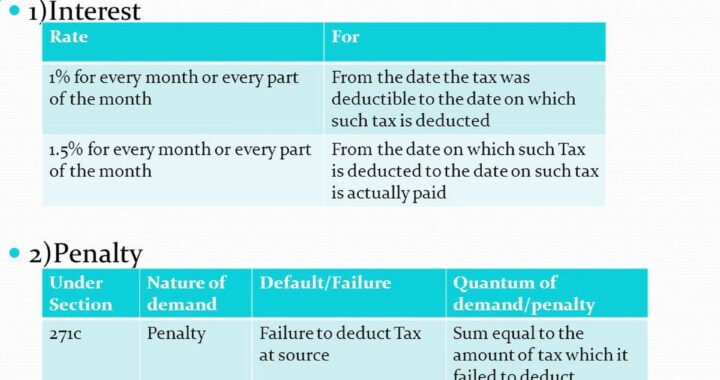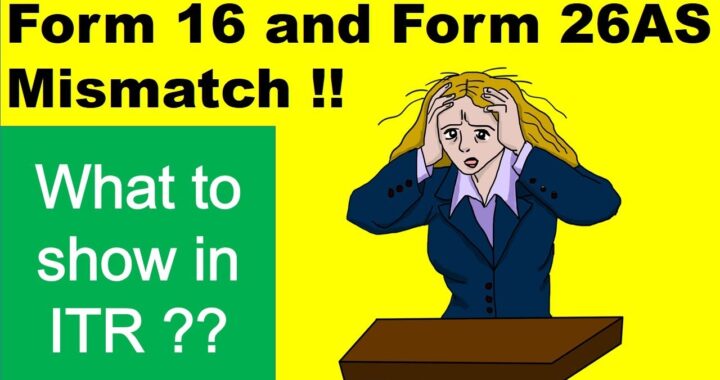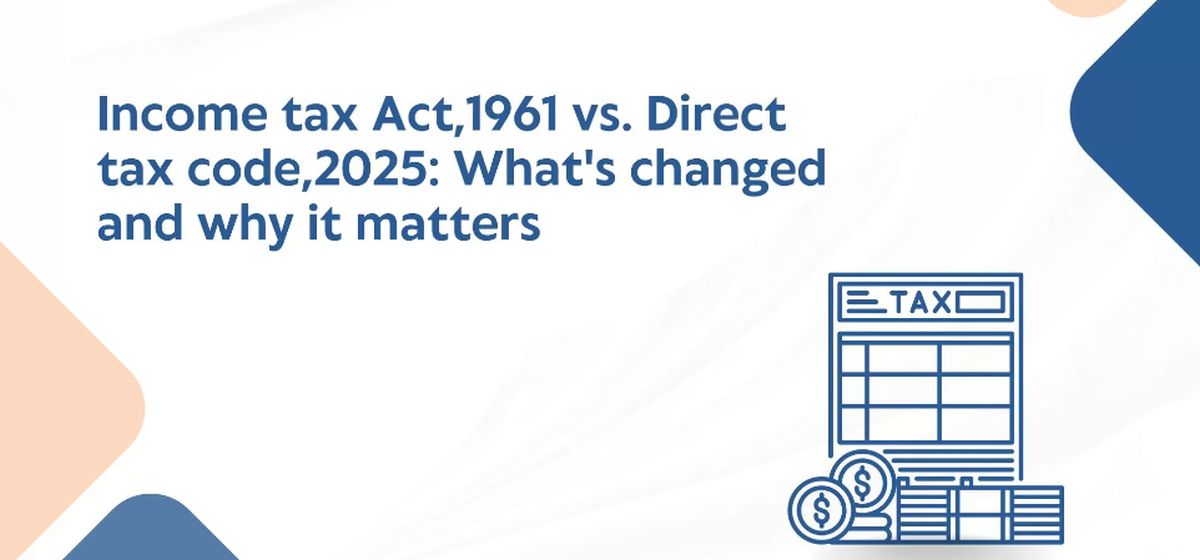A summary on some uncommon tax saving tips
 For many people ‘tax savings’ mean sand include life insurance policies, National Savings Certificates , etc. which qualify for tax deduction as provided in Section 80 C of the Income Tax Act. Individuals are entitled to get tax deductions up to Rs 1, 00,000/- under the provisions of section 80C of the Act.
For many people ‘tax savings’ mean sand include life insurance policies, National Savings Certificates , etc. which qualify for tax deduction as provided in Section 80 C of the Income Tax Act. Individuals are entitled to get tax deductions up to Rs 1, 00,000/- under the provisions of section 80C of the Act.
But there some lesser known means that can give an individual additional tax benefits. These tax saving tips are not very common as they are applicable in some particular situations in life such as when an individual has a special dependent or when an individual has to pay rent to parents, etc.
Some of such tax saving tips are given below –
1. Donations made to political parties: If someone makes any donation to a recognized political party, he can get a tax deduction from 50% to 100% of the amount according to Section 80GGC of the Act in case of individuals and as per Section 80GGB in case of corporate bodies. An individual can donate up to 10% of his gross total income to a political party.
2. Medical Insurance: One can get a deduction of up to Rs.15, 000/- for the health insurance premium which he pays for himself as well as for his wife and dependent children. One can claim an exemption of Rs. 15,000/- on that paid by him towards the health insurance of his parents and up to Rs. 20,000/- if any of your parents is a senior citizen. In case of company insurance, only the company will get tax relief but not the employee.
3. Exemption for ill dependents: As some chronic illness of a dependent can exhaust all savings of an individual and paying total amount of taxes becomes for any taxpayer, the income tax laws allow a deduction of Rs. 40,000/- every year, as per Section 80DDB of the Act. The dependants include children, parents, spouses as well as brothers and sisters.
This deduction can be availed in specific diseases such as neurological diseases like Parkinson’s disease, motor neuron disease as well as diseases like chronic kidney failure, etc.
For claiming this deduction, the patient needs to be dependent upon the taxpayer and should not have a file for separate deduction.
4. Renting and Home loan in two different cities: Individuals move to distant places in search of better jobs. This often results in renting a house out of the city in which he is working while he is repaying a home loan taken in his native city. In such cases, the rent paid by him is eligible for HRA exemption. Moreover deduction can be availed for the interest paid towards the housing loan in connection with the property at his native place. For availing HRA exemption, one has to submit the lease agreement or the rent receipts.

 Can an assessee pay House Rent to his parents and claim relief? Would there be any legal complications?
Can an assessee pay House Rent to his parents and claim relief? Would there be any legal complications?  Boost Your Business & Reduce Taxes: A Guide to Maximizing Benefits Under Section 80JJAA
Boost Your Business & Reduce Taxes: A Guide to Maximizing Benefits Under Section 80JJAA  What is remedy to taxpayer if the Tax deductor fails to deposit the TDS or fails to file TDS Return
What is remedy to taxpayer if the Tax deductor fails to deposit the TDS or fails to file TDS Return  What is Income Tax Liability on Income from trading in Future and Options
What is Income Tax Liability on Income from trading in Future and Options  The Importance of Filing Your Income Tax Return on Time: A Financial Must-Do
The Importance of Filing Your Income Tax Return on Time: A Financial Must-Do  Is Addition made by Assessing officer on basis of mismatch between AIR and F26AS Justified
Is Addition made by Assessing officer on basis of mismatch between AIR and F26AS Justified  Major Changes Expected in Direct Tax Code 2025 and why these matter
Major Changes Expected in Direct Tax Code 2025 and why these matter